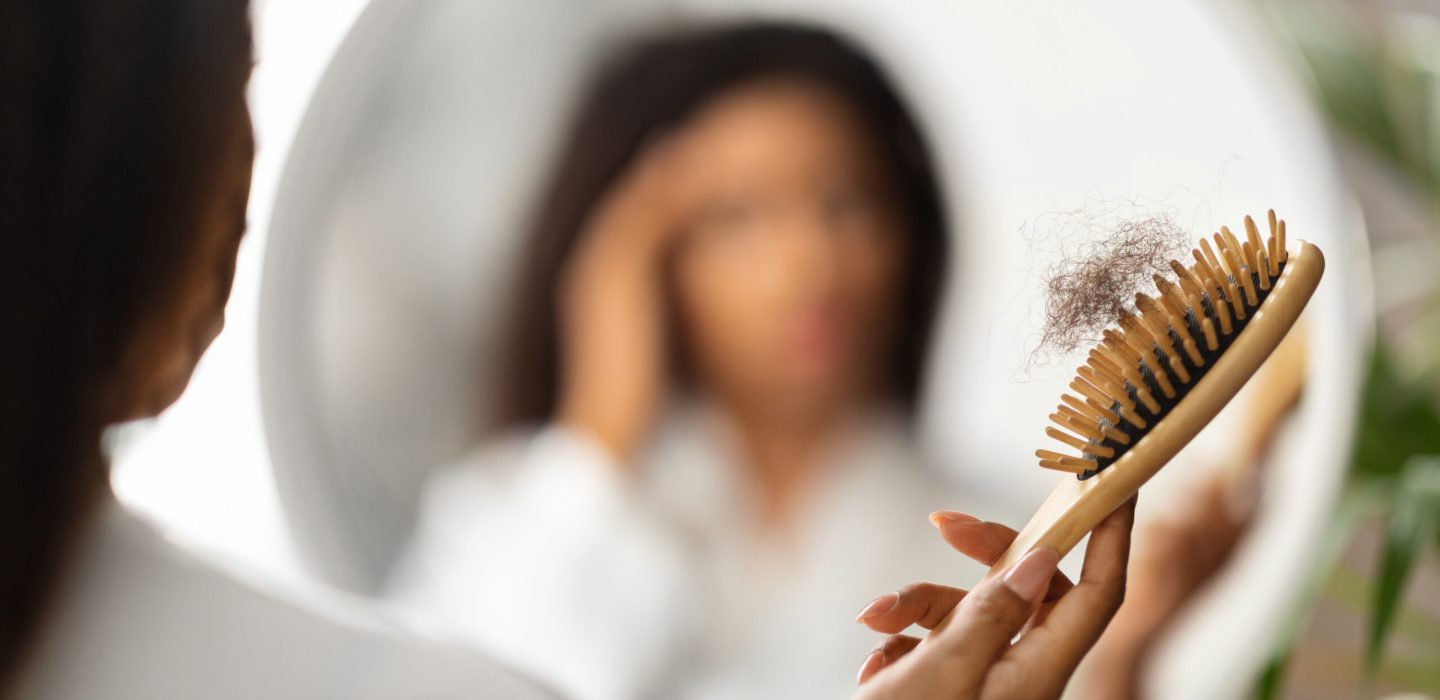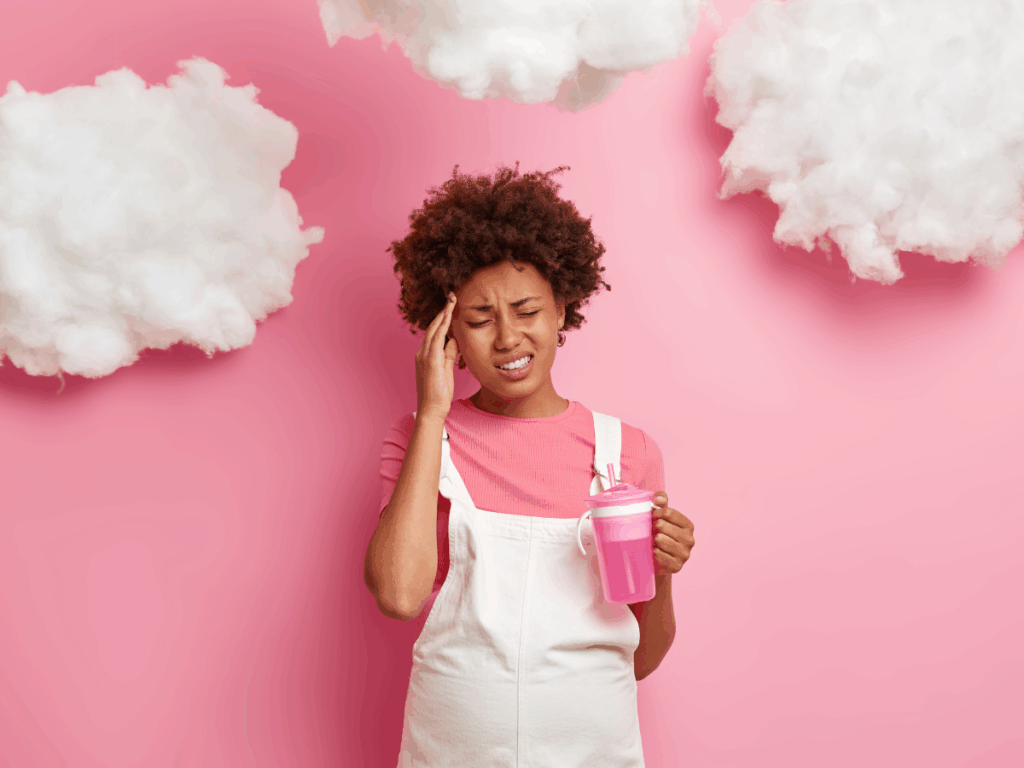As women transition through perimenopause and into post-menopause, many experience noticeable changes in their hair’s texture, volume, and growth patterns. While we often talk about the more common symptoms like hot flashes and mood swings, hair changes are another significant aspect of this stage of life. These shifts can be distressing, but understanding why they happen and what can be done to manage them is the first step toward maintaining healthy, vibrant hair.
Why Does Hair Change During Perimenopause and Post-Menopause?
The hormonal fluctuations that occur during perimenopause and post-menopause play a significant role in hair changes. As estrogen and progesterone levels decrease, women may notice hair thinning, increased shedding, or a change in hair texture. Estrogen is key for maintaining hair growth and density, and when its levels drop, it can lead to weaker hair follicles.
Additionally, as estrogen decreases, androgens (male hormones like testosterone) may become more dominant. This shift can lead to hair loss on the scalp while also increasing hair growth in other areas, such as the chin or upper lip.
Common Hair Changes During Perimenopause and Post-Menopause
1.Thinning Hair: Hormonal imbalances may cause hair to become thinner, particularly on the crown and sides of the head.
2.Increased Shedding: Women often experience more hair shedding during this time, leading to a noticeable decrease in volume.
3.Texture Changes: Hair may become drier, more brittle, or lose its natural shine and bounce due to reduced oil production.
4.Hair Growth in Unwanted Areas: Increased levels of androgens can lead to unwanted hair growth in areas like the face, chest, and back.
Managing Hair Loss and Changes
Though hormonal changes are inevitable, there are several ways to manage and minimize the effects of hair loss during perimenopause and post-menopause:
1.Hormone Replacement Therapy (HRT): For women experiencing significant hair loss or thinning due to hormonal fluctuations, HRT may be beneficial. By stabilizing hormone levels, HRT can help improve hair density and slow down shedding.
2.Prescription Hair Growth Serum: At Leawood Total Wellness, we offer a compounded serum from a specialized pharmacy that has shown greater success in regrowing hair compared to over-the-counter treatments. This personalized approach targets hair follicles more effectively, leading to healthier, fuller hair.
3.Hair Growth Treatments: Minoxidil (Rogaine) is a popular FDA-approved treatment for hair thinning. It works by stimulating hair follicles and promoting regrowth.
4.Nutrition and Supplements: A balanced diet rich in vitamins and minerals such as biotin, zinc, iron, and omega-3 fatty acids can support healthy hair growth. During consultations at Leawood Total Wellness, we perform lab work to identify and manage any vitamin deficiencies that could be contributing to hair loss.
5.Advanced Hair Loss Treatments: We offer cutting-edge treatments like PRP (Platelet-Rich Plasma) therapy and exosome injections. These therapies help rejuvenate the scalp by stimulating hair follicles and encouraging regrowth, improving hair density, and combating thinning.
6.Gentle Hair Care: As hair becomes more fragile, it’s essential to switch to gentle shampoos and conditioners that hydrate and protect the hair. Reducing the use of heat styling tools and harsh chemicals can also prevent further damage.
Consultation Process at Leawood Total Wellness
At Leawood Total Wellness, we begin with a detailed consultation to examine the type of hair loss you’re experiencing. This includes lab work to identify any underlying deficiencies in vitamins or hormones. Based on the findings, we create a fully customized plan, which may include PRP therapy, exosome injections, and a prescription-strength serum to promote hair growth.
Hair loss and changes are common during perimenopause and post-menopause due to hormonal fluctuations. While these changes can be concerning, there are effective treatments and lifestyle adjustments that can help maintain healthy hair. At Leawood Total Wellness, we are here to guide you through this transition and offer personalized treatments to address hair concerns. Contact us today to learn more about how we can help you restore your hair’s vitality and confidence.





